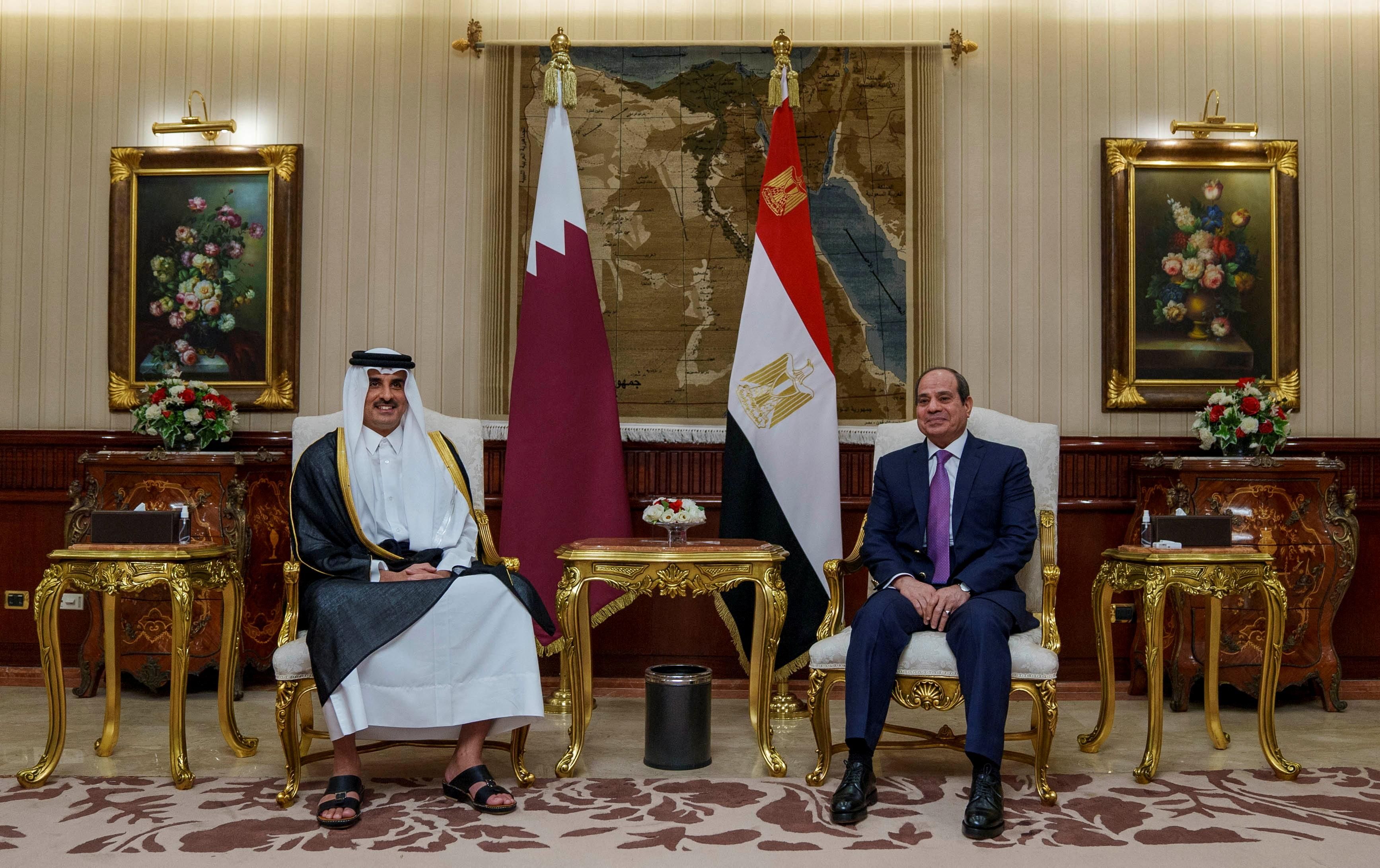Hard Numbers: Egypt-Qatar bonding, Thai activist jailed for dressing up, Hungary's ‘fetal heartbeat’ law, fatal kangaroo incident, Ken Starr dies
5: Egypt’s President Abdel Fatah-el Sisi visited Qatar on Tuesday for the first time in five years. In 2017, Egypt – along with Saudi Arabia, the UAE, and Bahrain – cut diplomatic ties with Doha, citing its support for terror groups, which Qatar denied. Mired in an economic crisis, Cairo now wants to boost economic ties with Qatar and other wealthy Gulf states.
2: A Thai activist has been jailed for two years for the crime of … dressing like the queen. The charges are linked to a 2020 demonstration in Bangkok, where she donned a silk pink dress that authorities say mocked the queen’s attire. Thailand has notoriously strict laws banning criticism of the monarchy.
12: Hungary’s parliament has passed a new ‘fetal heartbeat’ law requiring all women to listen to their fetus’s heartbeat before proceeding with an abortion, which is legal in Hungary up until 12 weeks (sometimes later for health complications). Hungary’s conservative PM Viktor Orbán has long sought to bolster “traditional family values” and boost the country’s birthrate.
86: An Australian man has been killed by a kangaroo, marking the first fatal kangaroo attack Down Under in 86 years. The man, living in Western Australia, was reportedly keeping the marsupial as a pet, and it’s unclear whether he had a permit to do so. Authorities said the animal was killed by police because it was preventing paramedics from reaching the injured man.130:Kenneth Starr died at age 76 yesterday. A well-known legal mind, Starr became a household name in the 1990s with his investigation of President Bill Clinton, which led to the first impeachment of a US president in 130 years. He also represented Big Tobacco, Jeffrey Epstein, and former President Donald Trump.
